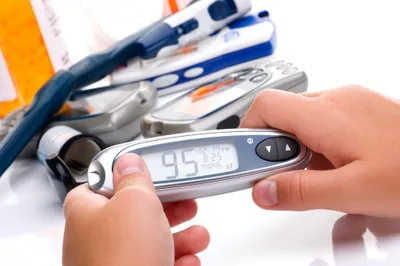
The bionic pancreas was developed by researchers from Boston University and Massachusetts General Hospital. It involves hardwiring a smartphone to a glucose monitor and two pumps that continuously monitor blood sugar levels, sending reports to the smartphone every five minutes. This means a small, quarter-sized glucose monitor must be implanted under the skin in the abdominal area. The external pump is then attached to the monitor with an adhesive. If the device detects that insulin or glucagon is required, it can administer doses automatically.
The system is adored by kids with type 1 diabetes, which affects young people. Those dealing with type 1 diabetes have to test their blood sugar levels on a constant basis and must carefully evaluate the health impact of every food item they’re thinking of eating.
“It is like a dream for a diabetic,” noted 13-year-old Christopher Herndon, who tested the device last summer. “It takes away the responsibility. It takes away the high blood sugar and the low blood sugar. It prevents damage to the body and it makes you feel better all the time.”
Christopher’s mother, Kristina Herndon, was equally impressed with the bionic pancreas. The elder Herndon, like her son, has long grown tired of dealing with type 1 diabetes in the traditional way. “You have to face this 24 hours a day, seven a week,” Herndon said. “There is no vacation from it.”
So far, tests have been impressive. Recent studies have shown that every young person trying out the bionic pancreas was able to maintain healthy blood glucose levels without having to manually draw and test blood.
Unfortunately, the system is still some ways from wide release. New, more advanced and rigorous tests will begin this week.
“We still have a couple of years of work ahead of us,” noted Dr. Steven Russell, who’s been working on the bionic pancreas device for several years. “Getting the price down will be a big factor. The glucagon alone costs $160 a day right now.”



